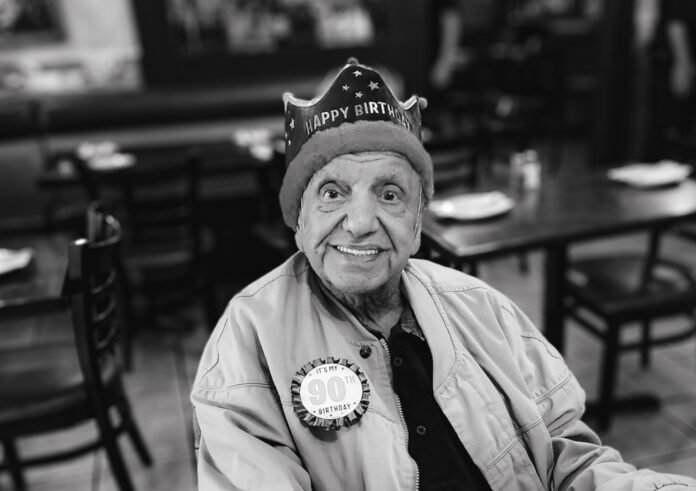Come Feb. 5, Dickie Babian—the dive bar legend known as “Too Fast, Too Furious”—would have turned 91, giving us yet again a round of shaka signs and his advice for extended living: “Salt. Put salt on your food—it’s a preservative, of course.” However, the man wanted a nice, even number to go out on: After celebrating his 90th year, Dickie (or Dick or, extremely rarely, Richard) passed on the morning of Tuesday, Jan. 21.
“It is with a heavy heart I announce the passing of my father, Richard Babian, a.k.a. the legend of Long Beach,” Dickie’s son, James, wrote from Hawaii. “He passed peacefully this Tuesday evening. Funeral arrangements and the after-party will be announced. Thank you to the Long Beach community, which he loved so much and gave him so much joy.”
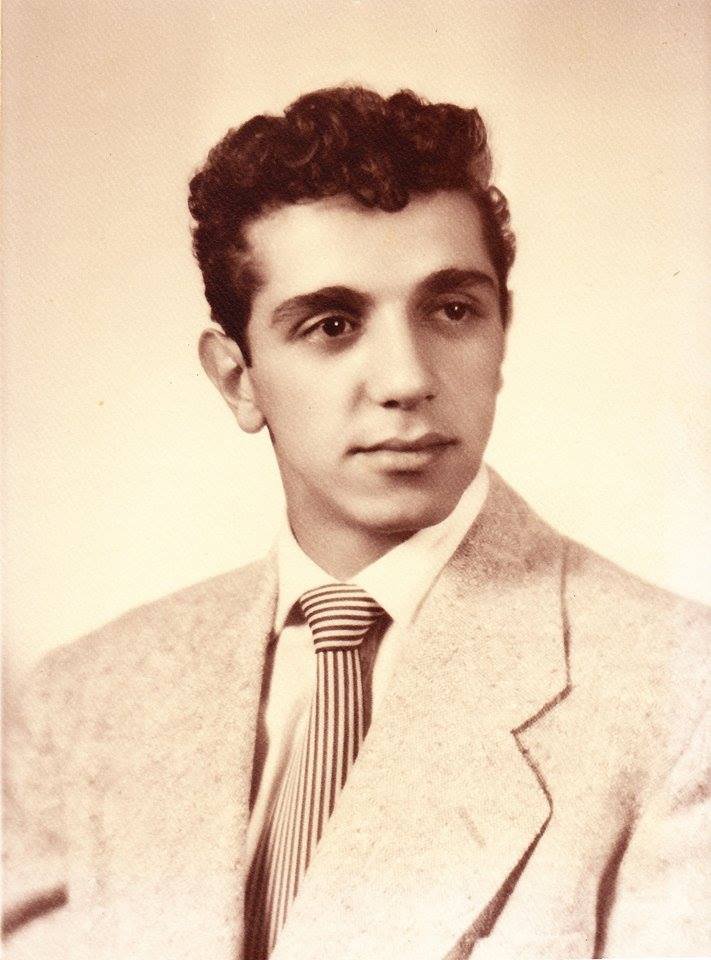
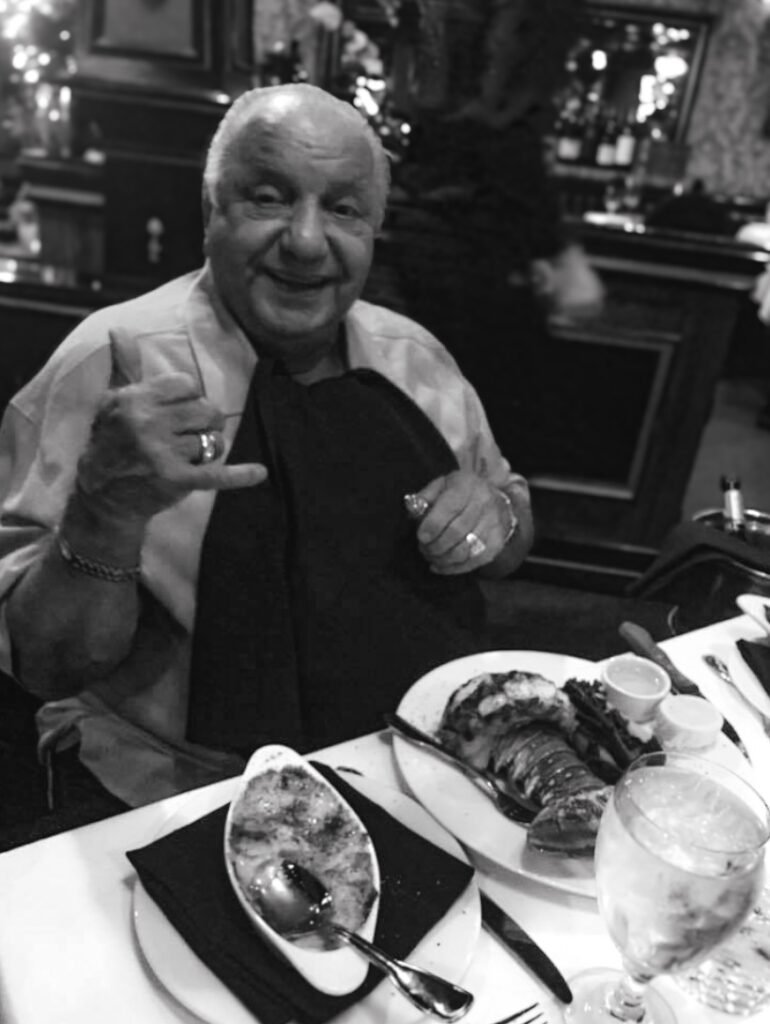
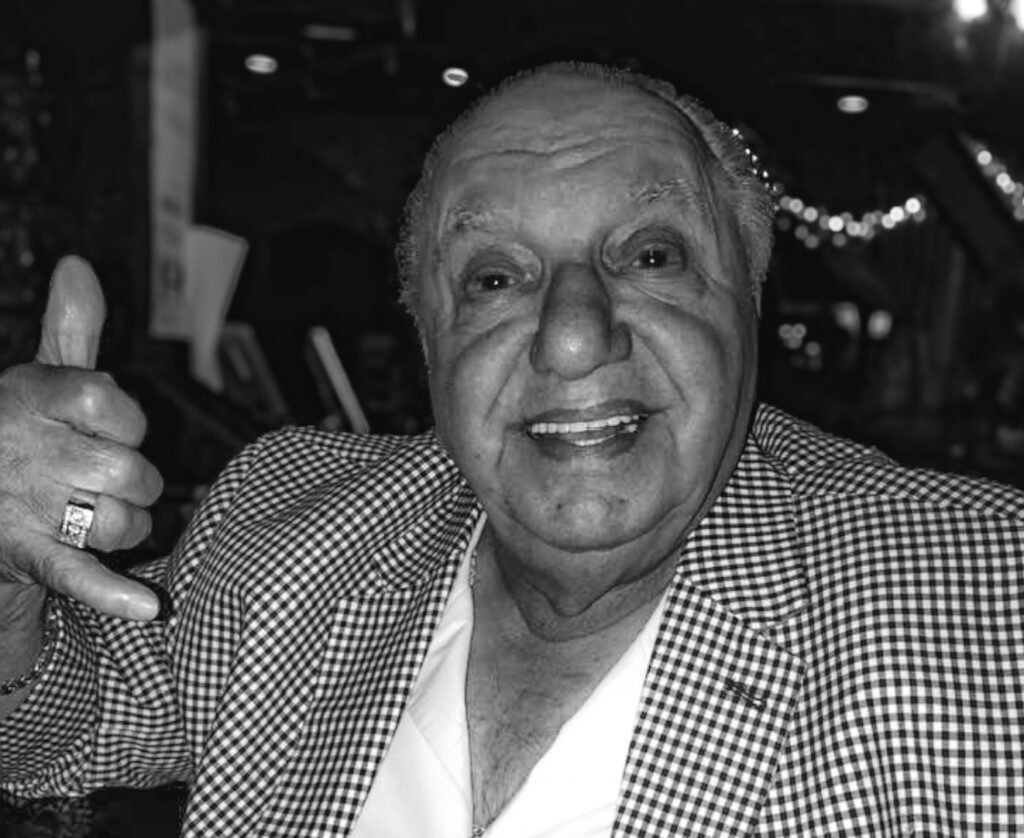
Dickie Babian was ‘of another breed, a man they just don’t make like that anymore.’
“He was of another breed. There was not a person in this city he wasn’t connected to in some capacity—and even more, there wasn’t a person in this town who didn’t love Dickie. A true dive bar operator. He was old-school, man… You would never find a soul that would talk ill of that man, and that was because he was the type of man they don’t make anymore.”
These are the words of Boathouse on the Bay owner John Morris as he sat at a table at Captain Jack’s—an appropriate place, if any, to have dinner after learning of Dickie’s passing and wanting to honor his spirit—dropping his knife and fork because he was willing to talk about Dickie “anytime, anywhere. A legend in his own right.”
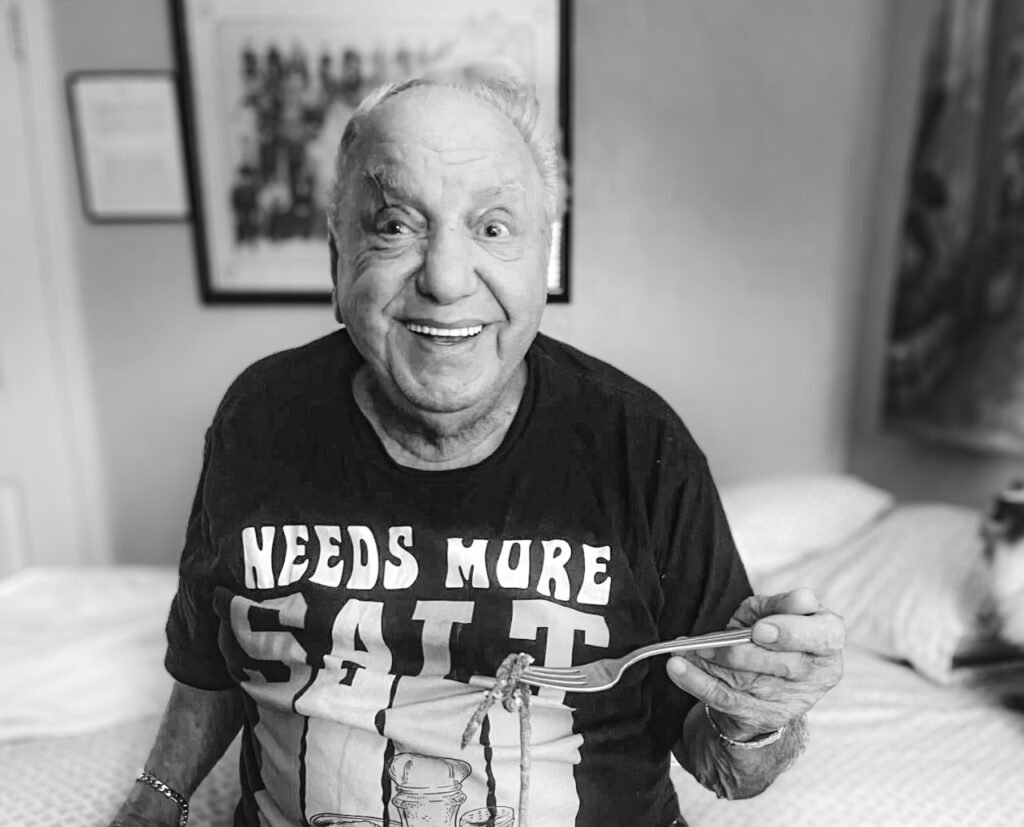
Gregarious. Generous. Genial. Dickie would, yes, often be found at Crow’s—what regulars have long called “The Dirty Birdy”—the bar he took over and, across decades, came to define the Long Beach dive bar. He might have his “Crows Before Hoes” shirt on; he might not. What he most certainly would have is, in one hand, Grey Goose on the rocks with a splash of water, and in the other, a fistful of cash. The only sole mystery one would find with Dickie is his ability to be everywhere: you would see him simultaneously at Crow’s and, yet, also at every other establishment in town and the region.
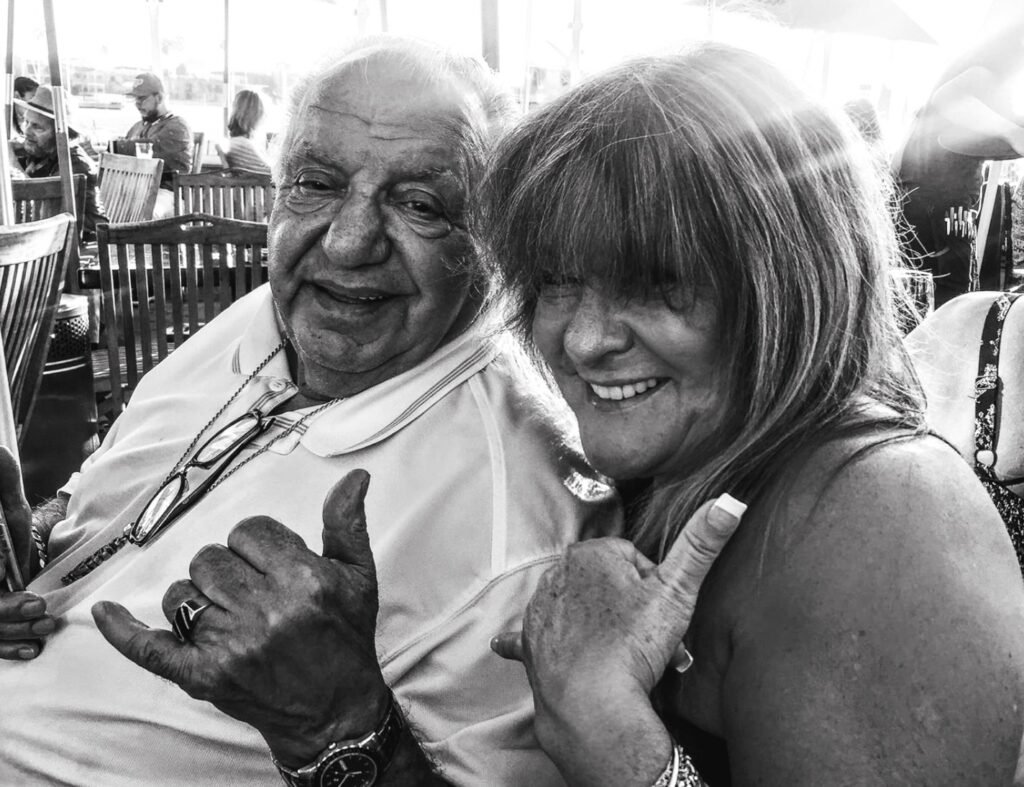
Dickie Babian truly lived “the man, the myth, the legend” tropes—if not outright defining the phrase used to describe a type of man that likely won’t exist again.
And into those establishments—casinos in Palm Springs, bars and restaurants in Long Beach, spaces in L.A.—Dickie would walk in, a wad of $100 bills casually advertised in his fist, and proudly, in his very own terms, “make it rain.”
“His employees loved him. His peers loved him. And he would never let anyone not feel like they were important—even if it was his last dollar,” John Morris said.
The rain—thousands of dollars easily spent in single evenings—wasn’t in some show of braggadocious or patronizing behavior. No. They were for the servers. The bartenders. The young kids who were just figuring out life. And in those moments, while those who didn’t know him would awkwardly look at him flinging cash around like candy, those in the industry saw something they could both depend on and learn from.
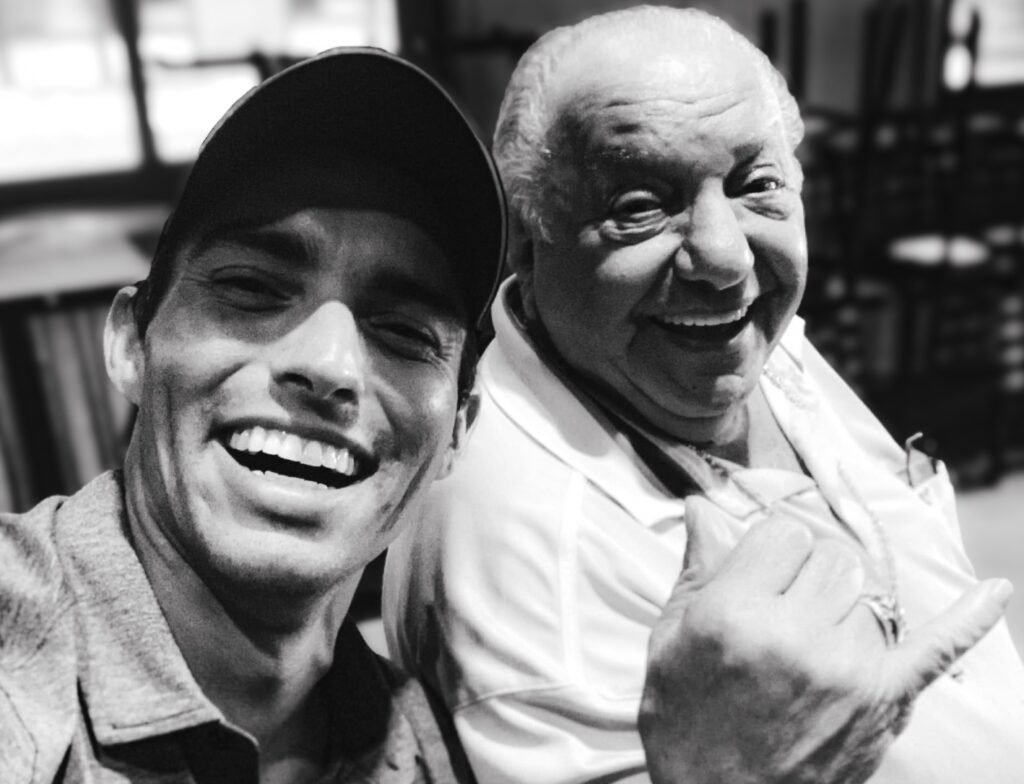
“He had a big heart,” said Chris Sweeney, owner of RightMealz and a former front-of-house hospitality worker. “He would come into the bar at McKenna’s or Dogz or really any bar with a fat wad of dollar bills—and he would just toss them all at the bartenders. And barbacks. And band members… Some people thought it was arrogant, but he loved us. He did it out of love: ‘Here comes Dickie—get ready for the rain!'” Chris said, laughing.
Indeed, he did it out of love.
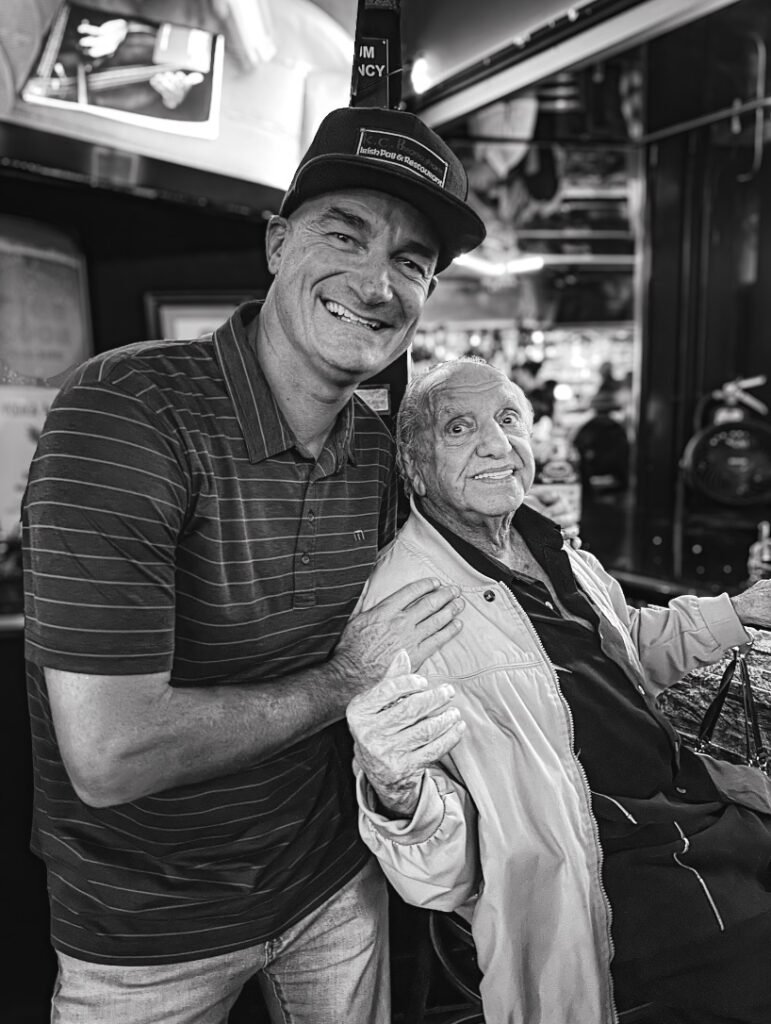
Crow’s co-owner Eric Johnson with Dickie Babian after Eric, David Copley, and Matt Peterson bought Crow’s to return it to its Babian glory. Courtesy of Eric Johnson.
The return of Crow’s is, in part, to return it toward the days of when Dickie Babian owned the scene.
If there was a space that defined Dickie Babian, it would be Crow’s, which he operated with his brother Bobby, known as “Bullets.” And the pair were often flanked by two main things: chicks and cocktails.
“Mr. Babian ranks among the most colorful bar owners in Long Beach history, if not the wackiest,” wrote long-time Press-Telegram journalist Doug Krikorian. “With his prodigious daily drinking output—up to 15 drinks in a single sitting—impromptu European jaunts with various gal pals, his wild gambling forays, and his expensive bar-hopping adventures—countless $100 tips for the bartenders and waitresses…”
And when he decided to step away from it, its spirit and soul departed with Dickie—inspiring local small business owners David Copley, Eric Johnson, and Matt Peterson to step back in.
“Crow’s went through some drastic changes in its more recent years,” said co-owner David Copley, who many will know as the front-facing man at The Auld Dubliner. “When it was Dickie’s place, it was a Long Beach bar, hardcore Long Beach. I honestly can’t think of a bar more Long Beach than Crow’s when Dickie and Bobby [his brother] ran it. And then, through ownership swaps and design changes, it shifted away from the way the Babians ran it.”
The return to the hardcore dive vibes that Crow’s embodied under Dickie is precisely where the new crew took it. Gone are the neon lights. Disappeared are all the crazy different signs. Away with the couches and in are black-and-white vintage photos of Naples. Old beer signs. And, of course, the carpet—and with it, Dickie’s spirit.

